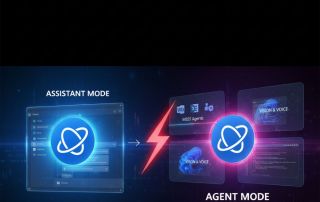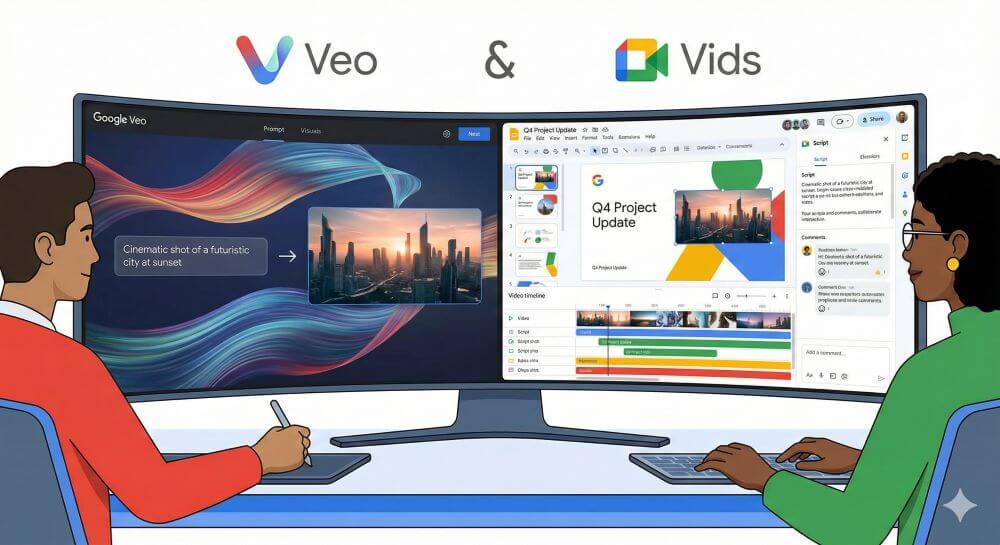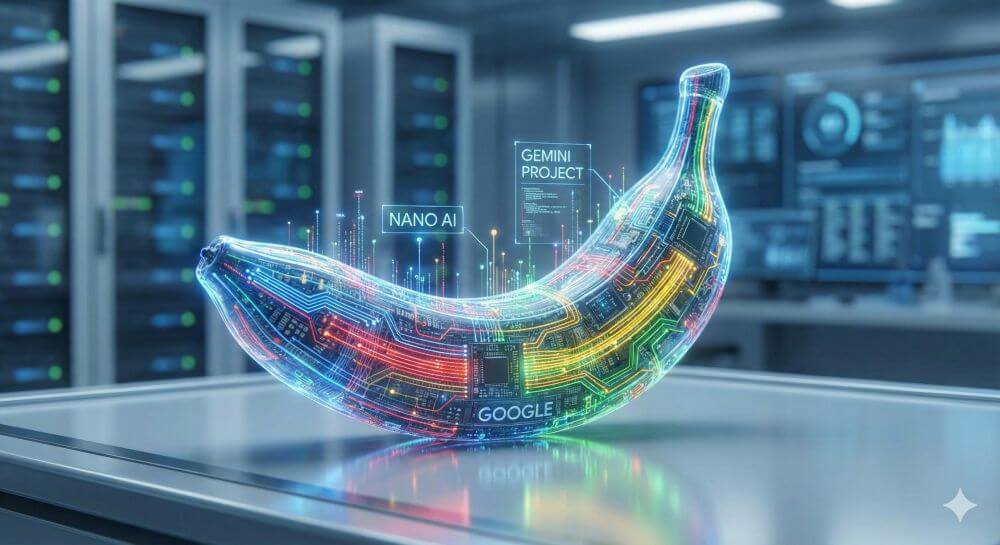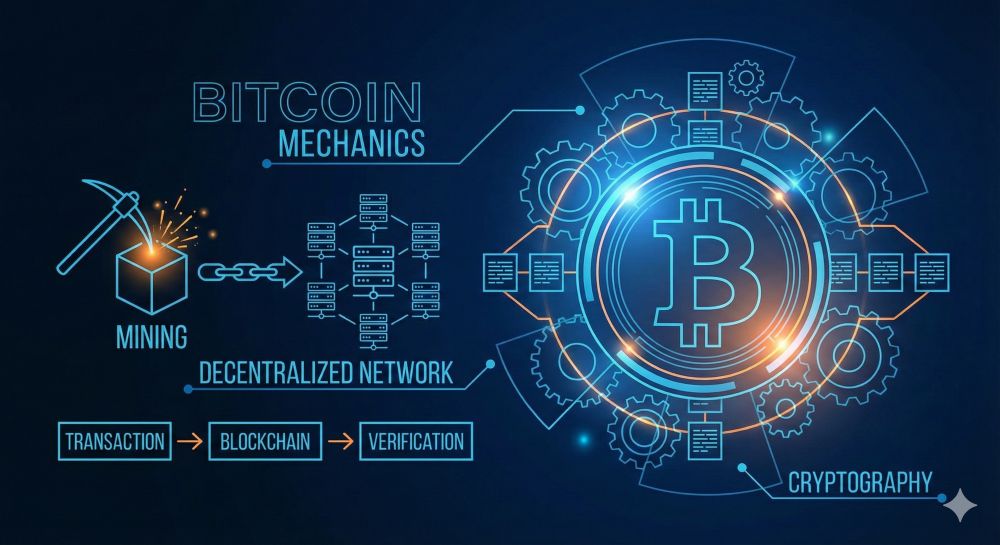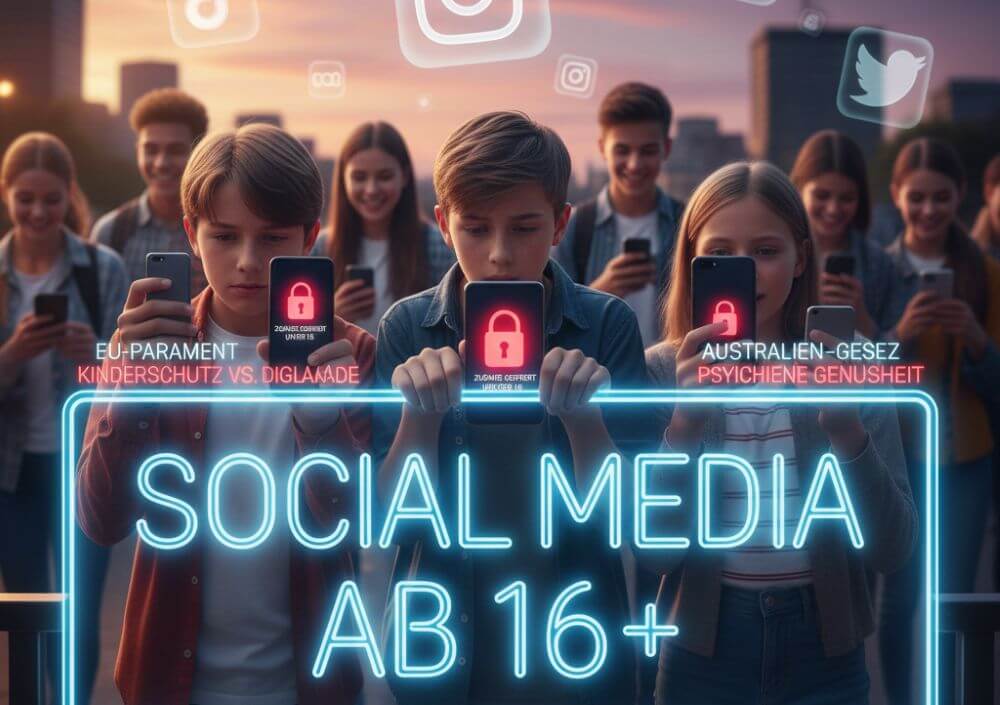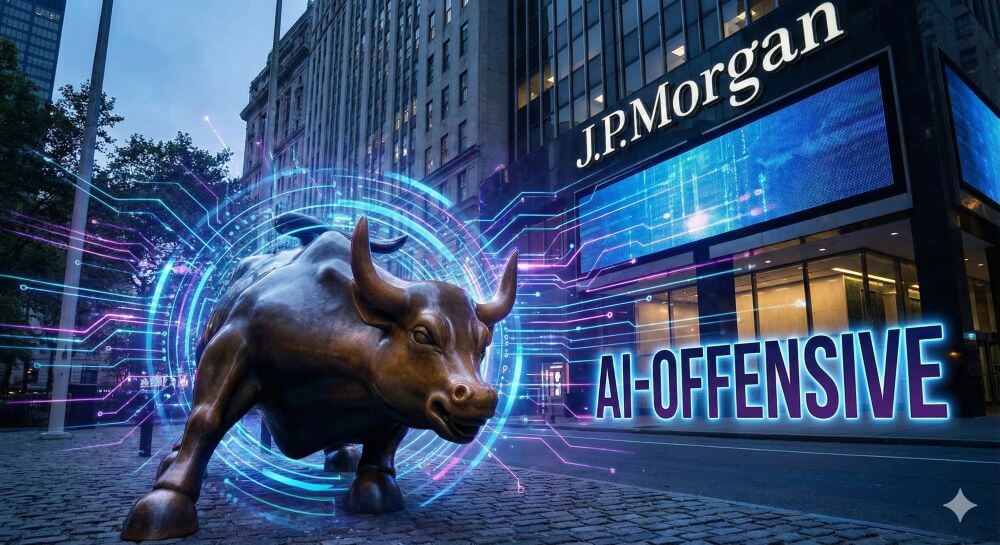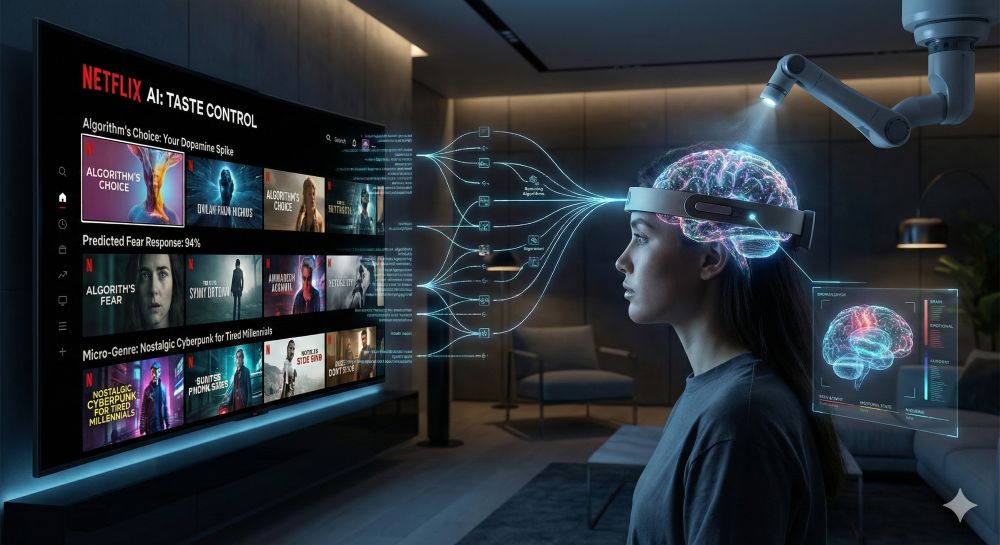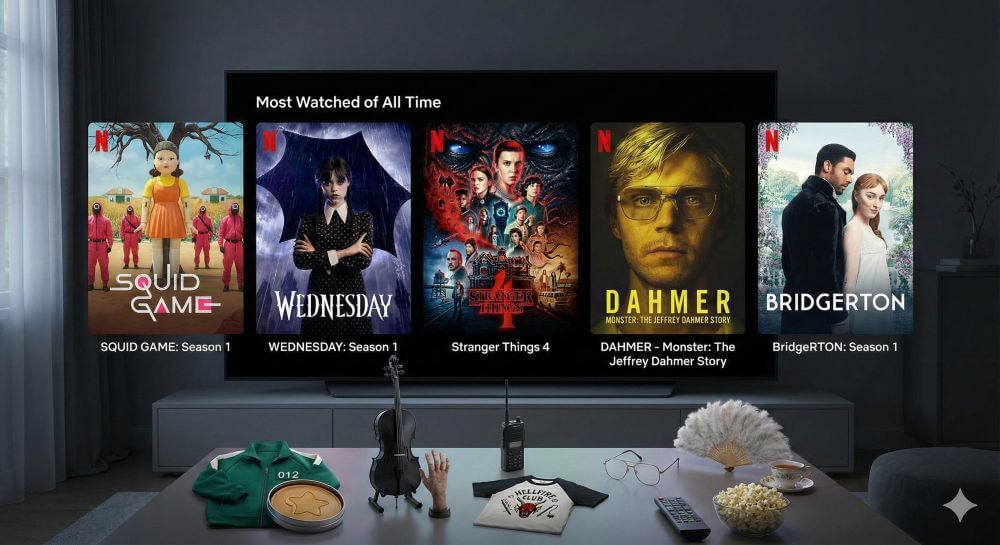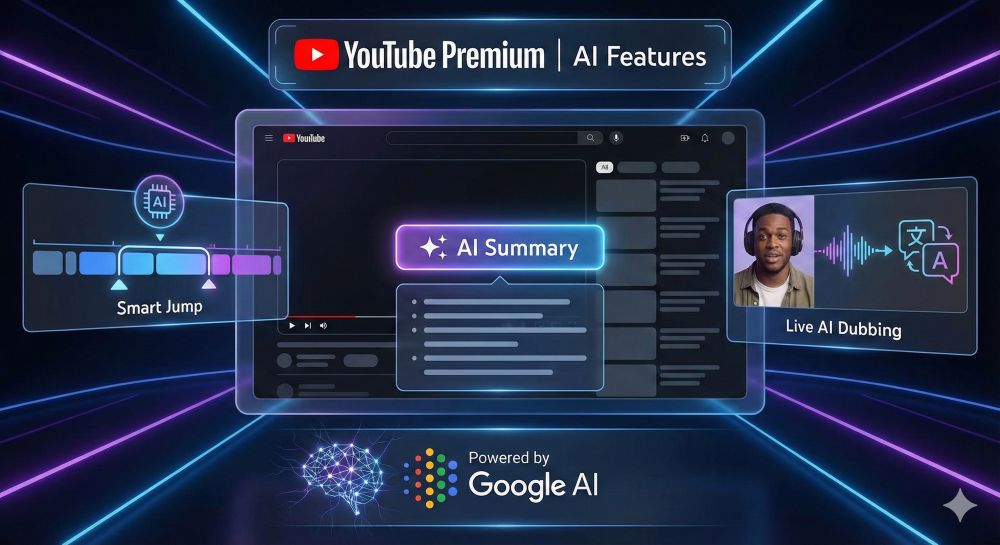What is GPT-5? Everything we know about the next big AI leap.
The world of artificial intelligence is moving at a breathtaking pace. While many companies and users are still busy exploring the full potential of GPT-4 (and its variants like GPT-40), the tech world is already looking ahead to the next major milestone: GPT-5.
OpenAI, the company behind ChatGPT, is keeping its specifics under wraps, but interviews, research papers, and industry rumors are gradually revealing more. What can we expect from this next “big leap”?
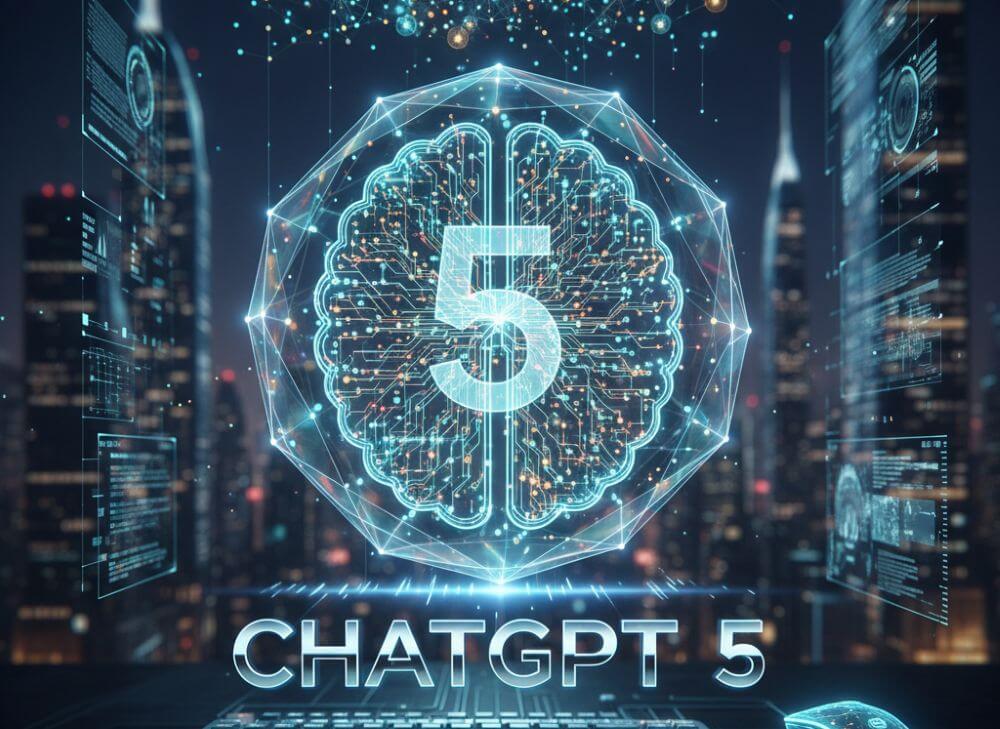
The status quo: Where do we stand?
Before we look to the future, a brief review is worthwhile.
- GPT-3 (2020): The breakthrough. The model demonstrated that AI can generate human-like text.
- GPT-3.5 (end of 2022): The foundation for ChatGPT’s viral success. Fast, affordable, and good at dialogue.
- GPT-4 (2023): A massive leap in logic, nuance, and multimodality (understanding images).
- GPT-4o (“Omni”, 2024): Focus on speed and seamless integration of audio, image, and text in real time.
GPT-5 (or whatever the final name will be, often discussed internally as “Gobi” or similar code names) is not intended to be just an incremental improvement, but, according to OpenAI CEO Sam Altman, a significant leap in cognitive performance.
What makes GPT-5 different? Key expectations
Experts expect GPT-5 to address fundamental problems of today’s Large Language Models (LLMs).
A. Improved Reasoning & Reliability
- The biggest shortcoming of current AIs is hallucination—the fabrication of facts.
- The goal: GPT-5 should be significantly better at constructing logical chains and accurately reproducing facts.
- Sam Altman’s analogy: He compared the leap from GPT-4 to GPT-5 to the difference between a bright high school student and a PhD expert. The model should develop a deeper understanding of complex relationships, instead of simply calculating probabilities of word sequences.
B. True Personalization and Memory
- Current models often “forget” details from long conversations or don’t know the user’s specific preferences well enough.
- GPT-5 is expected to have long-term memory. It will remember projects you were working on three weeks ago and maintain your style and preferences across all chats.
C. Multimodality as the Standard
- While GPT-40 is already multimodal, GPT-5 will further blur these boundaries.
- The model is expected to treat video, audio, image, and text not as separate modules, but as a single, flowing source of information—much like a person who sees, hears, and reads simultaneously.
D. Agent Capabilities (Agency)
- This is perhaps the most important point for business.
- Today: You ask the AI to write an email and then copy it into your email program.
- Tomorrow (GPT-5): You tell the AI, “Organize a meeting with the marketing team and book a room.” The AI (as an agent) checks calendars, sends invitations, reserves the room, and prepares the agenda—autonomously.
The topic “AGI”: Are we there yet?
One term that repeatedly comes up in discussions about GPT-5 is AGI (Artificial General Intelligence) – that is, an artificial general intelligence that is intellectually equal to or superior to humans in almost all areas.
Is GPT-5 an AGI? Probably not quite yet. Most experts believe that GPT-5 is another step towards AGI, but not yet the point at which the machine achieves true consciousness or complete autonomy in unknown situations. It is seen more as an extremely powerful tool capable of superhuman performance in specific areas (programming, medicine, law).
When can we expect the release?
This is where speculation abounds and facts are scarce.
Original Rumours: Many hoped for a release by the end of 2023 or the beginning of 2024.
Current Assessment: OpenAI has repeatedly emphasized that they are taking their time. Security testing (“red teaming”) is their top priority. A release between the end of 2025 and mid-2026 seems realistic, possibly followed by a phased rollout for enterprise customers.
The “Strawberry” (o1) Factor: OpenAI recently released new model series (such as o1-preview) that specialize in “reasoning.” It is possible that the insights gained from these models will need to be fully incorporated into the final GPT-5.
Challenges and risks
With greater power come greater problems. The development of GPT-5 faces massive hurdles:
Computing Power and Energy
- Training these models consumes unimaginable amounts of energy and hardware.
- It is rumored that Microsoft and OpenAI are working on a supercomputer project called “Stargate,” which could cost up to $100 billion to secure the infrastructure for future models (GPT-6 and beyond).
Data Quality
- The Internet will soon be “read dry.” AIs have already consumed almost all the high-quality texts on the open web.
- The solution: OpenAI is increasingly relying on partnerships with media companies (e.g., Axel Springer, Financial Times) and the generation of synthetic training data to further feed the model.
Security and Regulation
- The more The more capable the AI, the more dangerous its misuse (e.g., for bioweapons instructions or perfect cyberattacks). OpenAI is under massive pressure from governments (EU AI Act) to ensure that GPT-5 remains controllable.
Conclusion: Evolution or revolution?
GPT-5 is not expected to be a “magical” new invention that appears out of thin air. It will feel more like going from a somewhat slow, occasionally confused assistant to a highly competent, proactive employee.
The leap will lie less in the “creativity” of the text and more in the reliability of the work. If GPT-5 is able to perform complex tasks for hours on end without errors or constant follow-up, it will change the world of work even more drastically than GPT-4 did.
Beliebte Beiträge
From assistant to agent: Microsoft’s Copilot
Copilot is growing up: Microsoft's AI is no longer an assistant, but a proactive agent. With "Vision," it sees your Windows desktop; in M365, it analyzes data as a "Researcher"; and in GitHub, it autonomously corrects code. The biggest update yet.
Never do the same thing again: How to record a macro in Excel
Tired of repetitive tasks in Excel? Learn how to create your first personal "magic button" with the macro recorder. Automate formatting and save hours – no programming required! Click here for easy instructions.
IMAP vs. Local Folders: The secret to your Outlook structure and why it matters
Do you know the difference between IMAP and local folders in Outlook? Incorrect use can lead to data loss! We'll explain simply what belongs where, how to clean up your mailbox, and how to archive emails securely and for the long term.
Der ultimative Effizienz-Boost: Wie Excel, Word und Outlook für Sie zusammenarbeiten
Schluss mit manuellem Kopieren! Lernen Sie, wie Sie Excel-Listen, Word-Vorlagen & Outlook verbinden, um personalisierte Serien-E-Mails automatisch zu versenden. Sparen Sie Zeit, vermeiden Sie Fehler und steigern Sie Ihre Effizienz. Hier geht's zur einfachen Anleitung!
Microsoft 365 Copilot in practice: Your guide to the new everyday work routine
What can Microsoft 365 Copilot really do? 🤖 We'll show you in a practical way how the AI assistant revolutionizes your daily work in Word, Excel & Teams. From a blank page to a finished presentation in minutes! The ultimate practical guide for the new workday. #Copilot #Microsoft365 #AI
Integrate and use ChatGPT in Excel – is that possible?
ChatGPT is more than just a simple chatbot. Learn how it can revolutionize how you work with Excel by translating formulas, creating VBA macros, and even promising future integration with Office.

